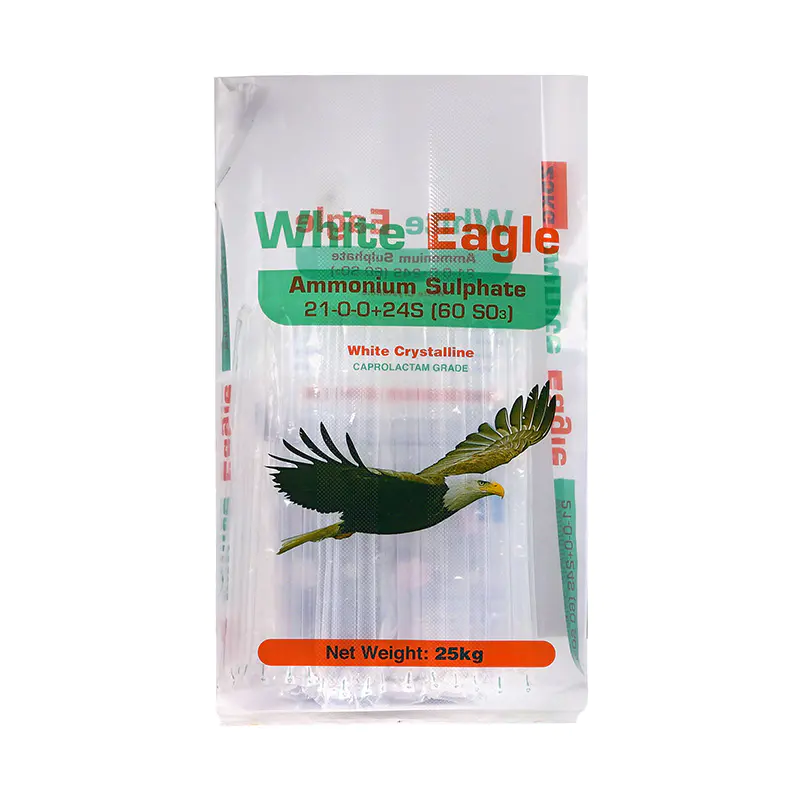Email us now!
In recent years, the growth of online shopping and shifting consumer habits have significantly influenced packaging trends. Among the lots of noticeable changes is the increasing role of flexible packaging bags in transforming the logistics practices within both e-commerce and retail sectors. These lightweight and adaptable packaging solutions are gradually replacing more rigid materials, offering benefits in transport, storage, and overall efficiency.

Flexible packaging bags are designed to be lightweight, space-saving, and easy to handle, which makes them an attractive choice for businesses managing high volumes of goods. As retailers expand into multi-channel distribution systems, the need for packaging that can streamline operations becomes more critical. Unlike traditional boxes, these bags can conform to the shape of the contents, allowing better use of storage space in warehouses and delivery vehicles. This contributes to fewer shipments and reduced material waste.
In tandem with this shift, PP Ton Bags continue to serve an essential role in the transport of large quantities of goods, particularly in the backend of supply chains. While flexible packaging bags are favored for individual or small parcel shipments, PP Ton Bags are well-suited for bulk handling. These woven polypropylene containers offer durability and reusability, making them a common sight in warehouses and distribution centers. When it comes to consolidating large quantities of packaged goods before final delivery, PP Ton Bags provide structural support that flexible solutions alone may not offer.
As e-commerce continues to evolve, businesses are rethinking how packaging impacts delivery speed and customer experience. The visual appeal, functionality, and practicality of flexible packaging bags play a role in customer satisfaction, especially when orders are delivered quickly and in good condition. These bags often include resealable options, barrier layers to protect against moisture or contamination, and easy-open designs that cater to end-user convenience.
Another area seeing changes is inventory management. Both PP Ton Bags and flexible packaging bags contribute differently to streamlining this process. PP Ton Bags assist in the bulk movement of product batches, while the smaller flexible packaging bags enable precise sorting and labeling of individual items. Retailers and fulfillment centers often rely on a combination of both types to handle orders of varying sizes and shipping requirements.
Furthermore, the environmental impact of packaging is an increasing concern for consumers and companies alike. Both PP Ton Bags and flexible packaging bags are now being manufactured with recyclability and material efficiency in mind. Businesses are exploring the use of recycled polypropylene in PP Ton Bags, while flexible packaging bags are being developed with mono-material structures to simplify recycling. These shifts align with broader goals to reduce landfill waste and improve sustainability metrics.
There is also a growing interest in how packaging can contribute to branding and marketing. Flexible packaging bags, in particular, offer a printable surface for custom designs, promotional messages, and product information. This feature allows companies to maintain branding consistency from warehouse to doorstep. Although PP Ton Bags are less commonly used for customer-facing presentation, they remain essential in the logistical background, ensuring bulk goods arrive at fulfillment centers in safe condition.
The roles of PP Ton Bags and flexible packaging bags continue to develop in response to the evolving needs of e-commerce and retail. Each plays a different but complementary role in logistics, contributing to the movement, storage, and final delivery of products. As technology and sustainability initiatives influence packaging innovations, these two types of bags will likely remain critical elements in modern supply chain strategies.

 English
English русский
русский Español
Español عربى
عربى Türk
Türk







